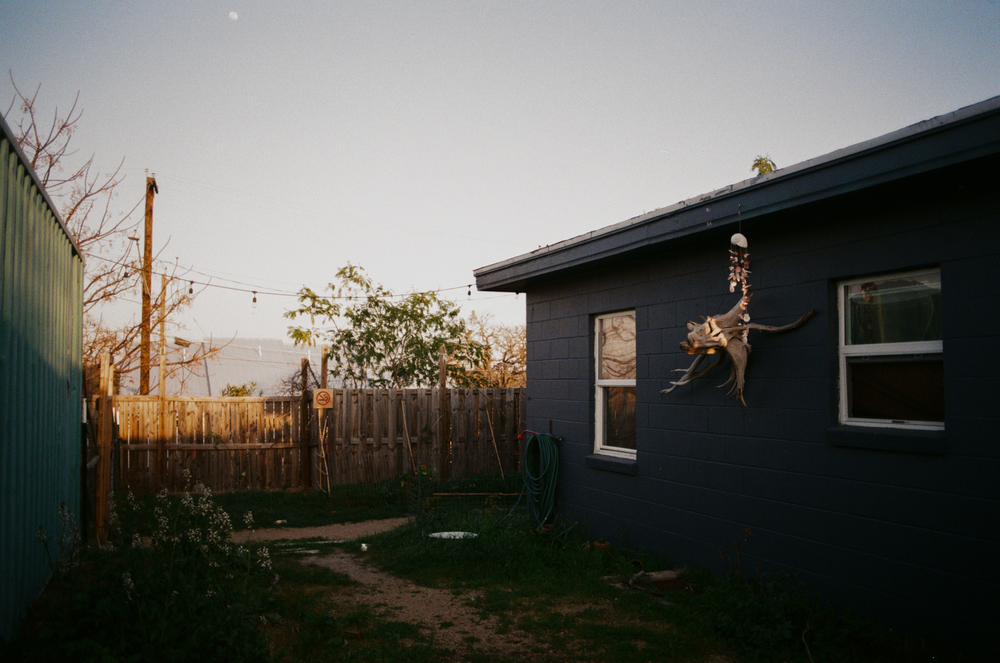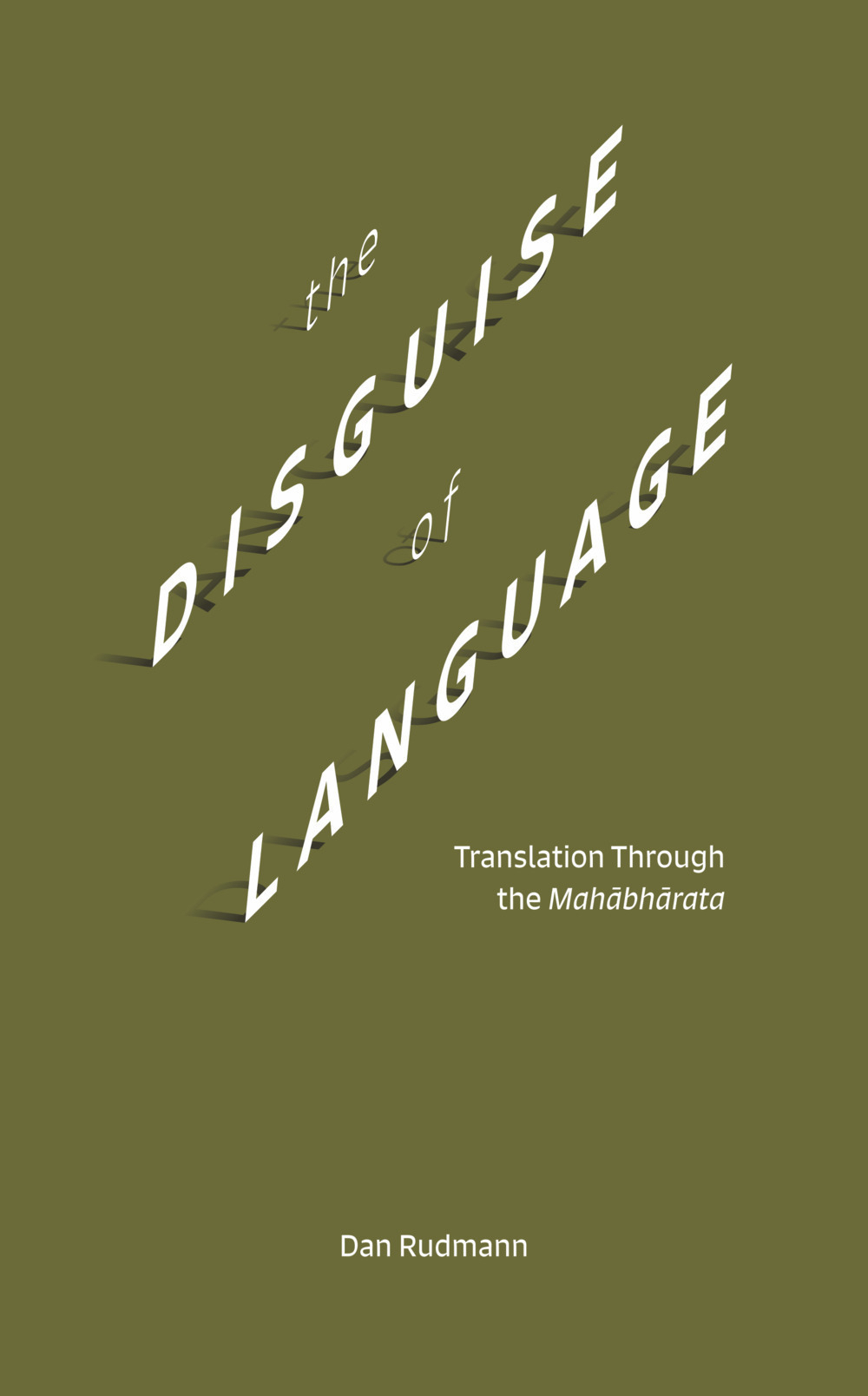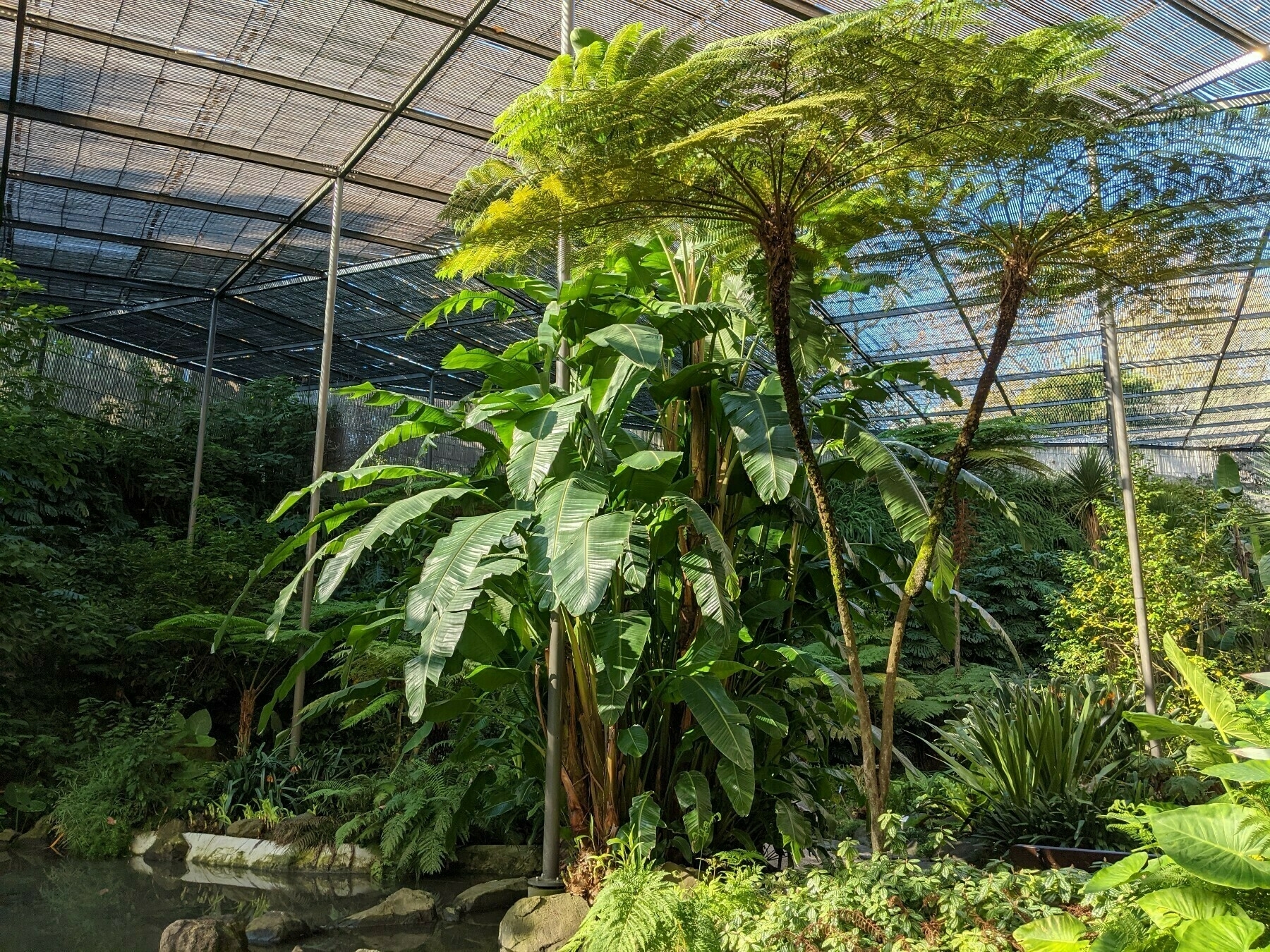In 2013, while writing my dissertation at UT Austin, I found myself part of two wonderful families: an academic one and an arts one, the latter being Austin’s music community. Often, I found myself having the same conversations in both houses, and wanted to help bridge the two. I was also working for the brilliant press Punctum Books and, we translated its practices and ethos in publishing scholarship to publishing music.
Punctum Records' first release was a flexi disc by local surf rock band Shivery Shakes. By 2014, we were publishing more than an album a month; often to vinyl but also an array of conventional and experimental formats. Sounds ranged from an 18-piece orchestral rock band to an album of Werner Herzog DVD commentary remixed with backing piano.
In the spring of ‘14 we pulled off two projects that were well above our weight: an unofficial SXSW party with with over 1,200 in attendance, and three days of music at venues across NYC along with a symposium at The New School Center for Transformative Media. That summer, I teamed up with friends who had diverse but complimentary retail or programming ambitions to find a base of operations. After a few months of us rehabbing an old warehouse space, we opened Studium at 908 E. 5th St in East Austin. During the day, I sold books and records while another business in the same space sold clothing and accessories. We had extra seating for a neighboring coffee shop, and an organization held monthly music classes for kids. At night, I hosted live music, readings, and conferences. I was working at the space most days from 9am to midnight.
From fall 2014 through 2015, we hosted music shows nearly every other night and we also have The New Directions in Anthropology conference, readings as part of the Texas Book Festival, the experimental music No Idea Festival. It was blissful. But largely unsustainable. Rent for the space was $8K/month and book and record sales were not holding up. The only way we made rent that year was when a large company sub-leased our space for the week of SXSW. And they trashed the space so thoroughly that it took some weeks to reopen. (This makes it sound like we had some raging punk business or Vice rent the space, when it was actually a very prim financial-sector multi-national corporation)
Sitting in the shop day after day watching folks get stoked about the scholarly books we had for sale and talking to people about my dissertation, which I was having difficulty finding time to write…I thought I might try teaching classes there. What began as a weekly critical theory reading group at Studium grew into a community-led curriculum called Human Sciences.
With a large audience participating in our public education program, it was time to move away from retail and that big space. We left 908 E. 5th at the end of 2015, I defended my dissertation, and then reopened Studium in a small cinderblock building at 2108 Rosewood Avenue (pictured below) a bit further east. I also began taking steps to register Studium as a 501(c)(3) non-profit organization, hoping that model could sustain us. The process took a few months and a lot of help from what was now a very solid team of friends in Austin making Studium happen. The move allowed me to refine and realize Studium’s reason for being. Education was at our core, sparking ideas for performances and community initiatives that would grow further into publications. It took three years to get to that point, but now we were firing on all cylinders. Our classes translated the graduate seminar into a public space, and then took the discussion further into civic action and creative expression.
Following a course on migration, for example, our participants came up with the idea of partnering with Refugee Services of Texas on an art show that expressed welcome to newly settled families. 21 Austin artists and 5 print shops volunteered to create enough art to fill 300 new homes for refugee families. And we threw some shin digs,too, like a three day festival with She Shreds Magazine.
By 2016, our alternative pedagogy program was truly to growing. We were teaching theory classes and more; with help from the local community we added a film studies series, and people started coming in for guest lectures from different parts of the world. Professor Liza Blake came from U Toronto to talk about metaphysical poetry, Léopold Lambert came from Paris to talk about his work at The Funambulist, Lawrence English came from Australia to teach a workshop on field recordings.
But that wonderful space wasn’t going to last - skyrocketing costs of property in Austin meant rent was going up, and while we were getting some donations and sponsorships as a nonprofit, it wasn’t enough. The property owner has since demolished the building to make condos. Once we lost our home, we began having classes at a friend’s coffee shop. Sessions remained filled and lively most weeks. Who attended the classes? Austin is filled with folks who might have gone to grad school if it were more accessible. And some did after participating in Studium for a few years.
We had grand plans. A new space was on the horizon. I started acquiring equipment to open a print lab. But then the new space fell through, money was coming up short, and I was becoming a parent. Through 2017, I taught weekly classes at the coffee shop while my infant child slept strapped to my chest in a carrier. By 2018, I was mostly doing the behind the scenes work to get Studium on some solid ground again: meeting with neighborhood associations about opening a space, wooing donors. But more and more I found time spent not taking care of the baby had to be spent on job applications in hopes of a more sustainable career.
Recently someone asked me whether I would start it all up again if possible. I’m not really sure. Austin had become a much more expensive city and a lot of our public audience has moved away as a result. But it was great work: scholarship, outreach, creative production, civic participation. And some things I didn’t expect: writing letters of recommendation or resume editing, helping people find housing, taking people through difficult times, carpentry, setting up PA systems. And I’ll be forever grateful that I had the opportunity to create that space with some wonderful people.



